
In the complex world of healthcare, the concept of a “Partial Response” is a significant consideration in the process of disease management. Partial Response is a term that embodies a mixture of medical, psychological and patient management facets. It is crucial for healthcare professionals, patients and their caregivers to understand this concept as it plays a vital role in treatment planning and the journey towards recovery.
Comprehensive Defining of “Partial Response”
In medical parlance, Partial Response refers to a less than complete, but nonetheless significant, response to treatment of a disease, usually cancer. It implies that there has been a notable reduction in the size of the tumour, but not enough to classify it as a complete response. This term is not limited to oncology and can be used in various therapeutic contexts.
Quantitatively, in the context of solid tumours, Partial Response is typically defined as a decrease of at least 30% in the sum of diameters of target lesions. Understanding the precise definition is key to appreciating its significance in healthcare.
Evaluating Partial Response in Healthcare
Assessing Partial Response varies among treatments. For cancer treatments, radiological studies represent the standard method for gauging response. Using imaging techniques such as CT scans or MRI, doctors compare previous images to current images to evaluate the treatment’s effect on tumour size.
In other therapies, however, gauging Partial Response may entail patient-oriented outcomes, such as an improvement in functioning or reduction in symptoms. Regardless of the treatment context, determining the degree of response is crucial for shaping the trajectory of a patient’s treatment plan.
The Role of Partial Response in Clinical Trials
Evaluating Partial Response is critical in clinical trials. It serves as a crucial parameter in validating the efficacy of new drugs or treatment modalities. Understanding the proportion of patients who achieve a partial response can provide insight into the effectiveness of a treatment in its early stages and offer preliminary evaluation of its potential success in a larger population.
In clinical trials, Partial Response is inextricably linked with complete response and progressive disease. Success in early-phase trials often leads to a better understanding of how to proceed with drug application or the development of new treatments that integrate with current treatment approaches.
The Psychological Impact of a Partial Response Diagnosis
A Partial Response diagnosis can evoke a flurry of emotions in patients. A mixed sensation of relief due to symptom reduction and anxiety about the remaining disease can be typical. Psychology professionals often recommend counseling to help patients and their families grapple with this uncertainty.
Several coping strategies, such as mindfulness, positive thinking, and staying hopeful, can help patients navigate this emotional journey. Peer support groups can also offer invaluable camaraderie, emotional backing, and disease-specific advice.
Get to know us better
If you are reading this, you are in the right place – we do not care who you are and what you do, press the button and follow discussions live

Advancements in Patient Management and Treatment Plans for Partial Response
Recent advancements in managing patients demonstrating a partial response are promising. Tailoring treatment plans based on genomics, implementing new techniques like immunotherapy and cells therapy are some of the latest trends.
Besides, care providers are incorporating more holistic approaches, focusing on both mental and physical health. Technological innovations and software tools are also making it easier to track treatment responses in real-time, enhancing patient management considerably.
Conclusion
In summary, understanding what a ‘Partial Response’ means in healthcare is pivotal in shaping treatment approaches and patient management strategies. Through continuous advancements in medical research and technology, healthcare professionals can provide patients with an optimal path towards wellness.
Frequently Asked Questions
1. What does it mean when a patient has a partial response to treatment?
A partial response to treatment refers to a situation where the patient shows some improvement but has not achieved a complete cure or resolution of symptoms.
2. How is a partial response different from a complete response in medical terms?
In medical terms, a partial response is when the disease, typically a tumour, decreases in size but has not been completely eradicated. A complete response, on the other hand, signifies that all signs of the disease have disappeared.
3. How can a partial response impact the overall treatment plan?
A partial response can influence the treatment plan by guiding healthcare professionals in adjusting the current treatment strategies or incorporating additional therapies.
4. What factors may contribute to a patient having a partial response?
Several factors can influence a partial response. These include the type and stage of disease, individual genetic factors, overall health status, and the specific type of treatment employed.
5. What are some ways to manage patients who show a partial response to treatment?
Holistic patient management is crucial for those showing a partial response. This includes continuing or modifying treatment, monitoring progress, addressing psychological effects and ensuring that a supportive care plan is in place.







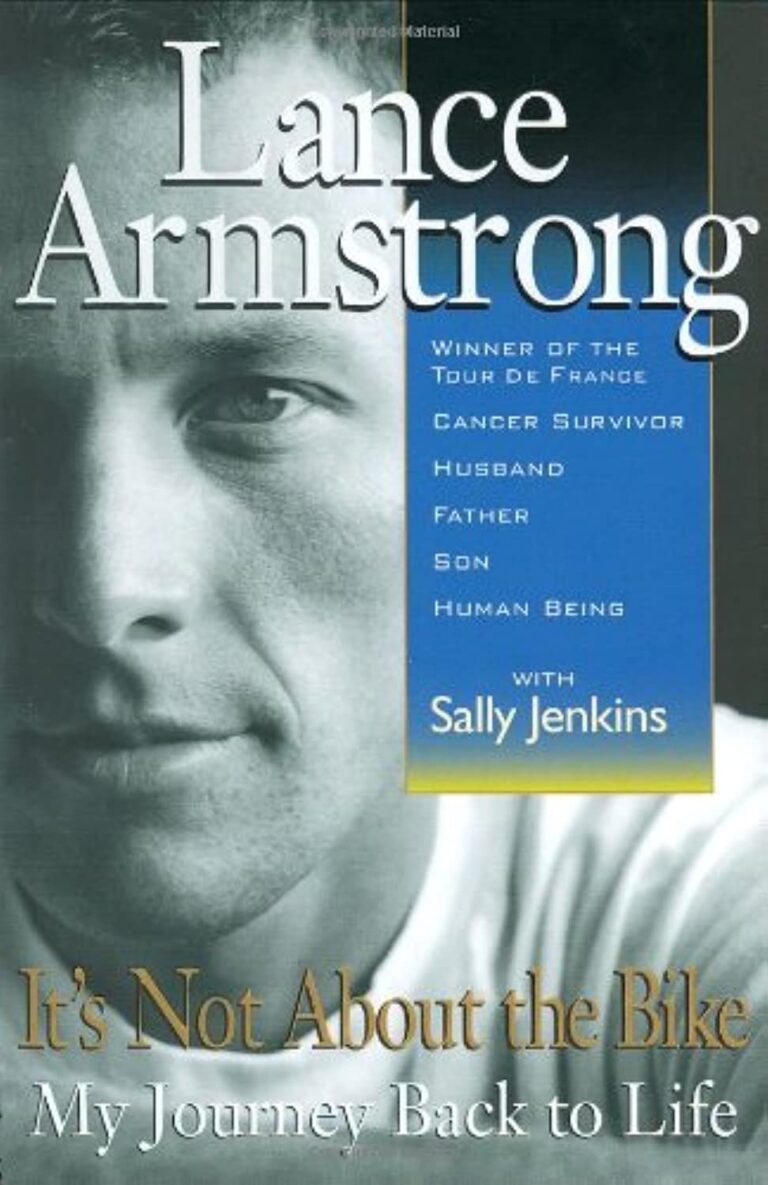
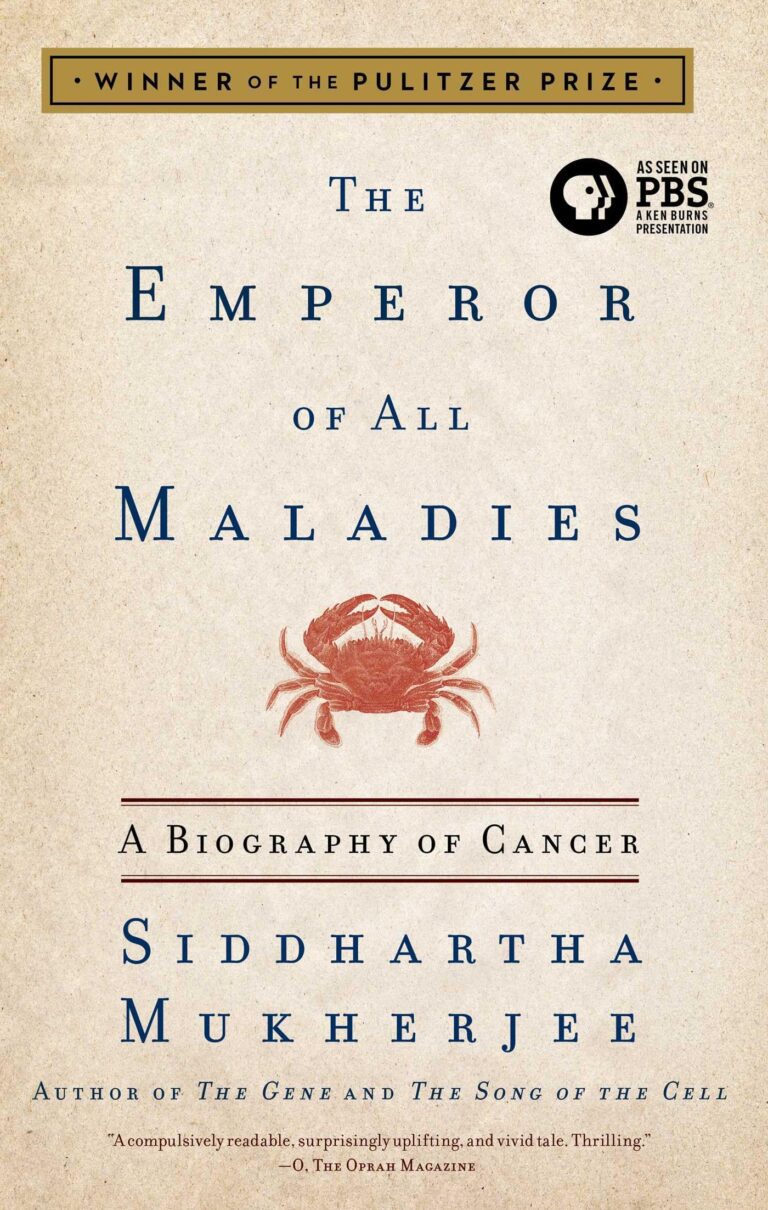
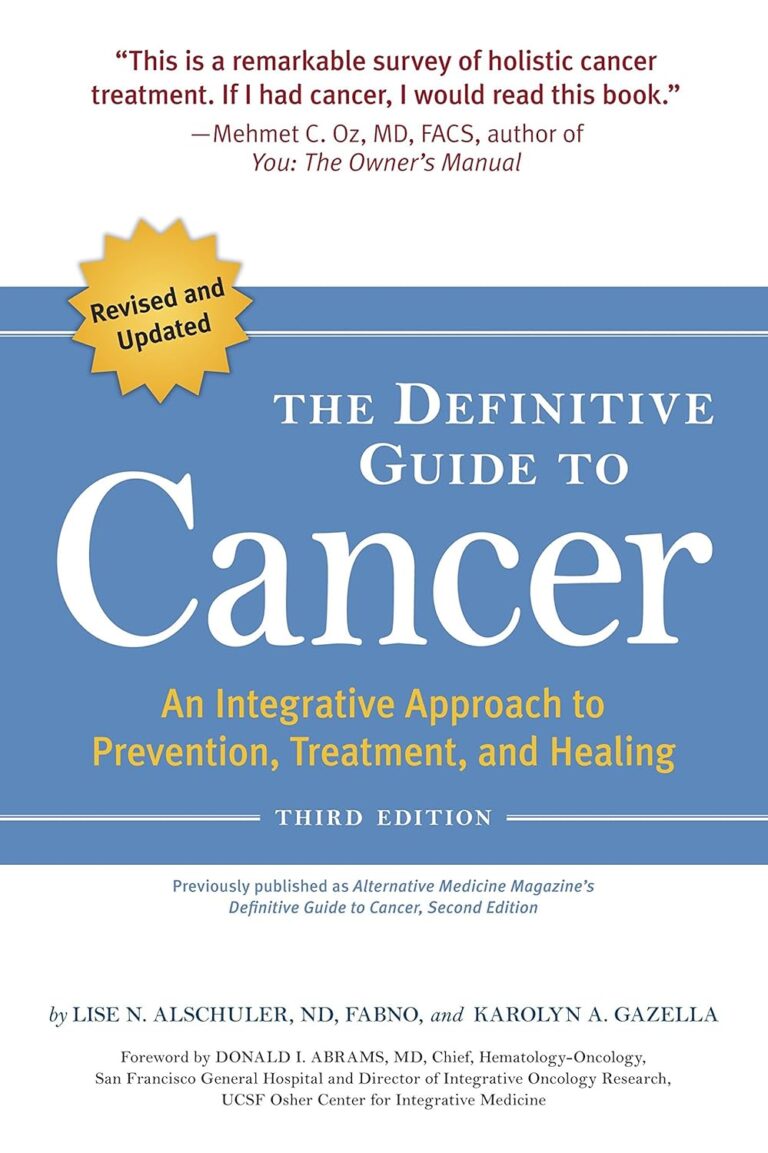
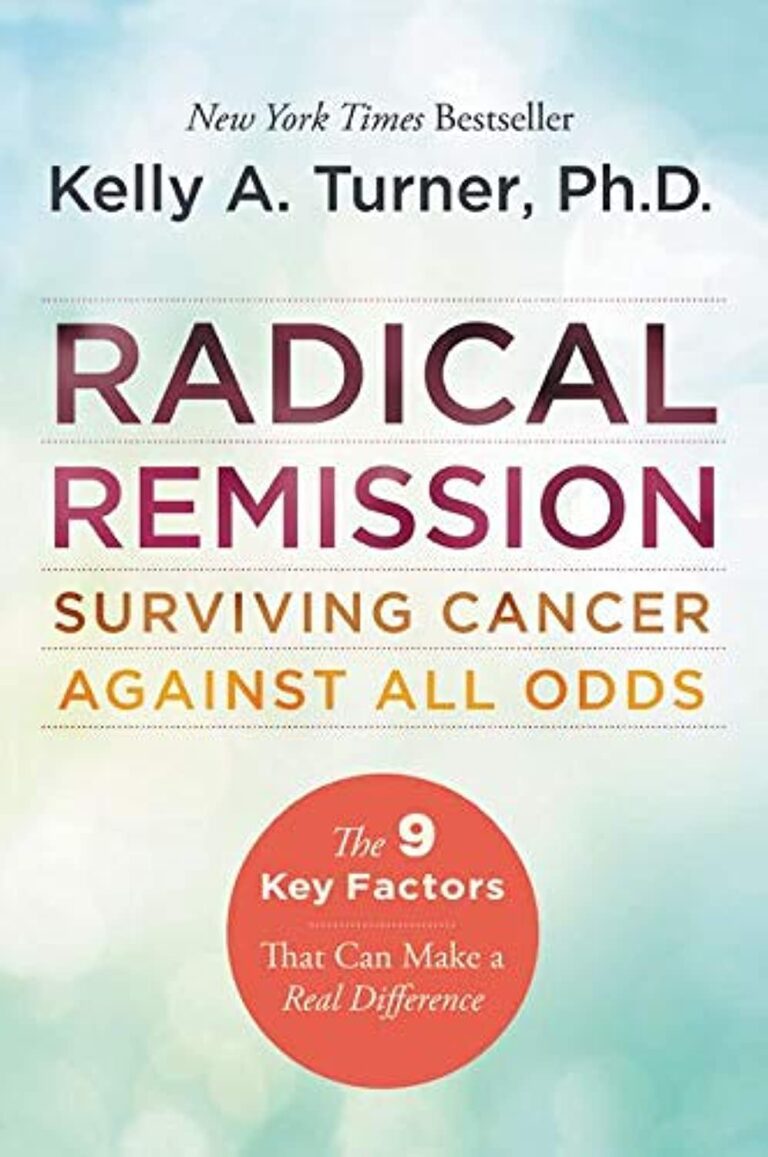


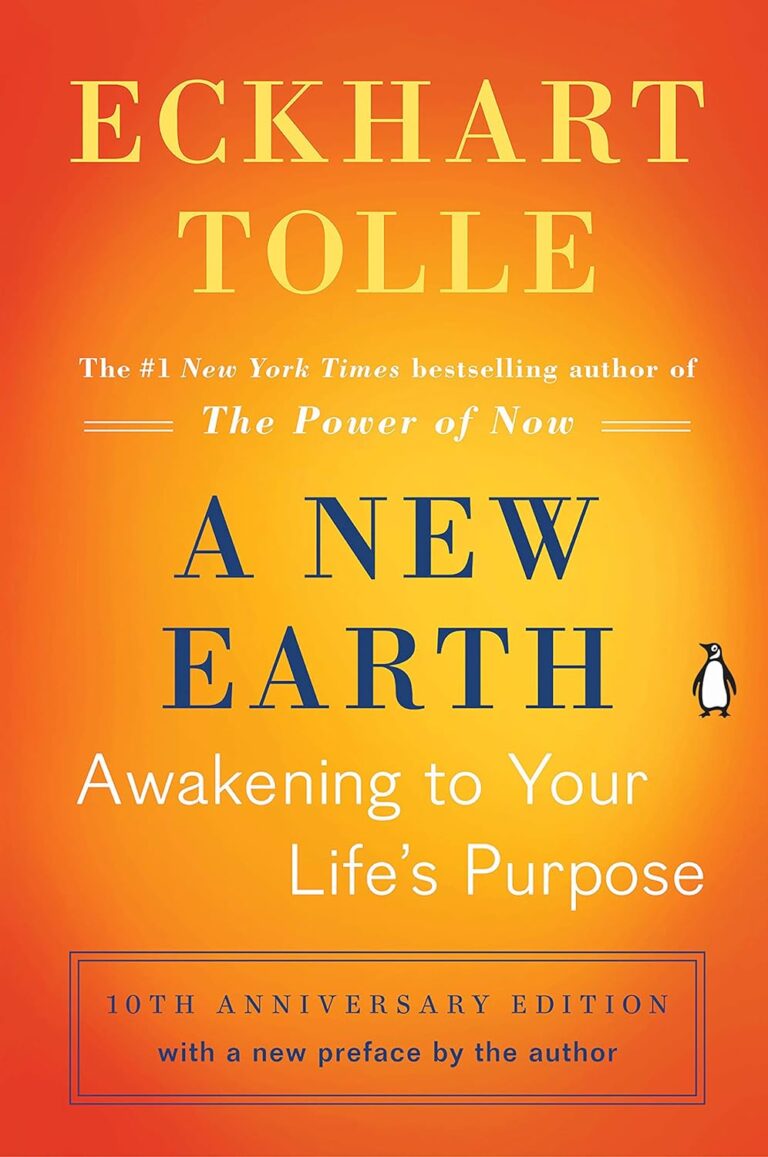
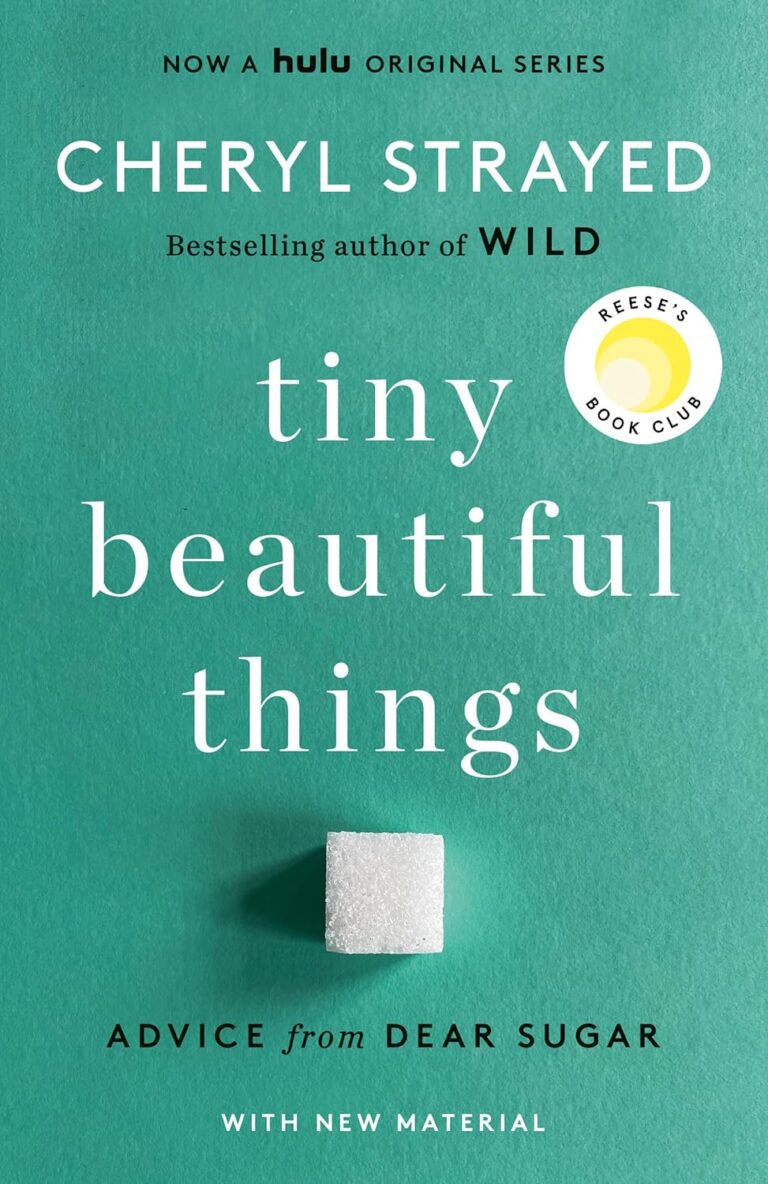


Comments
Thank you. Comment sent for approval.
Something is wrong, try again later